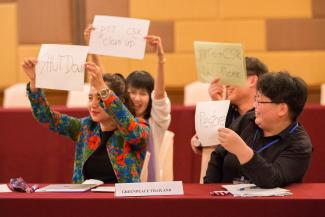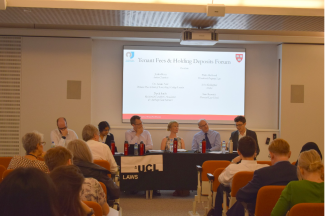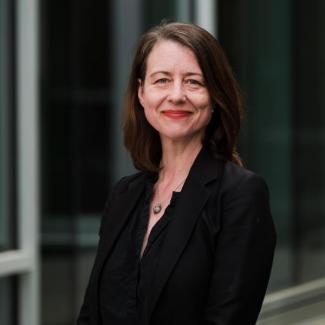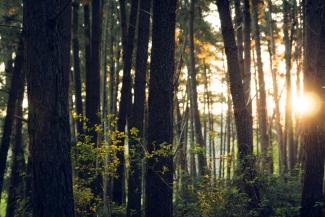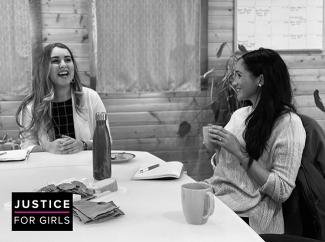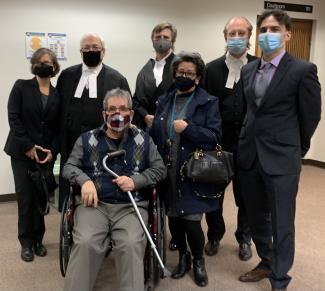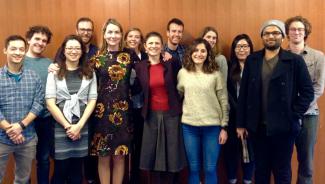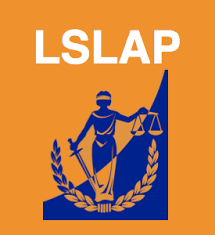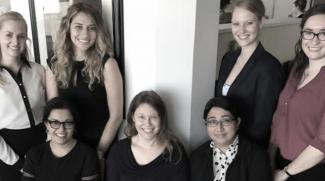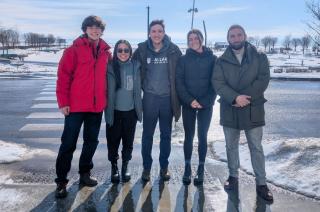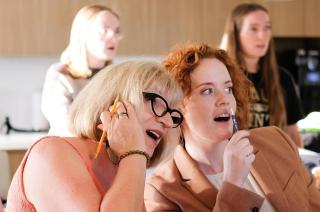Access to Justice at the Allard School of Law 2021
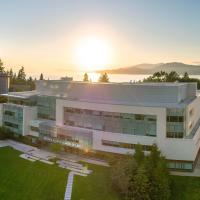
Allard Law
Jan 23, 2021
Access to Justice Week 2021
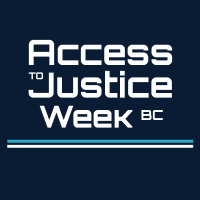
The aim of Access to Justice Week BC (held between January 24th to 30th this year) is to inspire engagement in the access to justice movement and to plant the seeds of change to benefit all Canadians.
One of A2J Week BC's goals is to draw attention to the efforts and projects already underway at BC’s law schools to improve A2J. Faculty and students at Allard Law, through their research projects, experiential learning programs, and legal clinics, are helping to address the gap in access to justice. For example, Pro Bono Students Canada’s UBC Chapter alone provided almost 10,000 hours of volunteer student services in the 2019-20 year to help 39 public interest organizations address the unmet legal needs of low and middle income individuals and marginalized communities.
Below is a sample of the broad cross-section of A2J work being done at Allard Law.
Snapshots from our Faculty
Natasha Affolder: Teaching and Nurturing Environmental Law Champions
Samuel Beswick: Establishing a Precedent for Others to Access
Cristie Ford: Reforming the Court System and Legal Profession
Jocelyn Stacey: Examining How Environmental Assessment Laws Foster Inclusion
Arranged by Last Name (A to Z)
Snapshots from our Community Clinics
A number of community-based clinics operate through the Allard School of Law. Students participating in clinics provide a wide range of pro-bono services to the public under the supervision of qualified and experienced lawyers and faculty members.
Innocence Project: Obtaining Justice for the Wrongfully Convicted
Law Students' Legal Advice Program: Maintaining Services to Low-Income Clients During a Pandemic
Animal Law Pro-Bono Clinic at LSLAP: Resolving Legal Issues Involving Animals and Animals' Interests
Arranged by Clinic Name (A to Z)
- Allard School of Law
